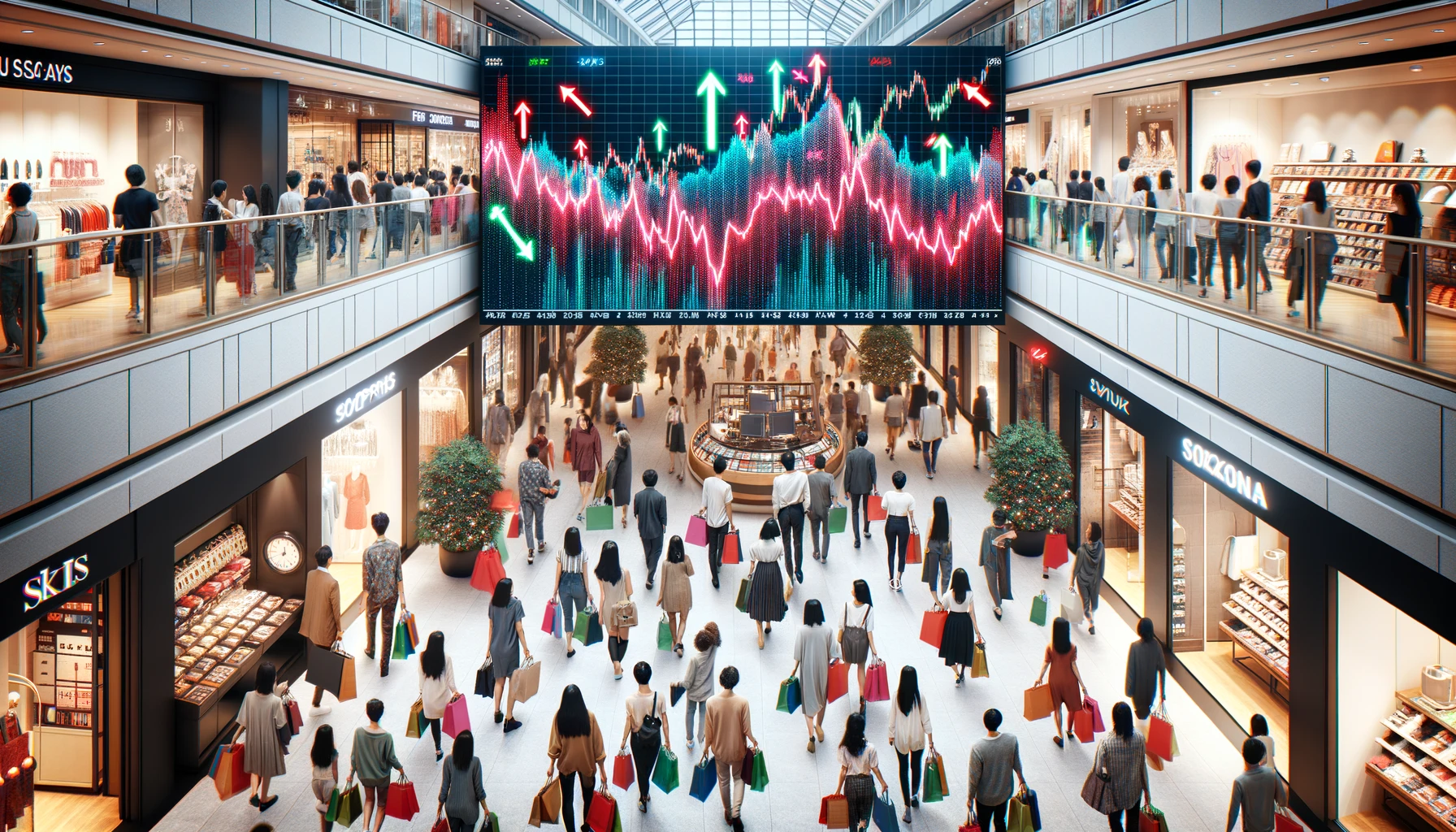Economists have long debated the true nature of markets. While traditional economic theory paints the market as a rational entity, where every participant acts in their best self-interest based on available information, real-world observations often contradict this. A closer examination reveals that markets, be they of stocks, goods, or even entire countries, are deeply influenced by the collective emotions of their participants.
Emotion-driven Movements
1. Fear and Greed in the Stock Market: The stock market is a prime example of emotion-driven behavior. Market crashes and booms aren’t always the result of fundamental economic indicators. Sometimes, they are merely reflections of collective fear or greed. The 2008 financial crisis, while rooted in tangible economic issues, was greatly exacerbated by panic and loss of confidence.
2. Brand Loyalty and Consumer Behavior: Why do people queue for hours for the latest iPhone when cheaper alternatives with similar functionalities exist? The answer lies in emotions. People form attachments to brands, and these emotional bonds can drive purchasing decisions more effectively than price or feature comparisons.
3. Nationalism and Country Markets: Emotions play a role even at the level of entire nations. A nation’s collective confidence or despair can influence its economic activities. For instance, positive sentiment about the future can lead to increased consumer spending and business investments, propelling economic growth.
The Feedback Loop
Emotions create a feedback loop in markets. Positive sentiment can lead to increased activity, which in turn can lead to better results, reinforcing the positive sentiment. Conversely, negative emotions can lead to decreased activity, causing declines that further stoke negative emotions.
Sentiment Analysis: The Modern Crystal Ball
Recognizing the power of emotions in influencing markets, modern investors and businesses have turned to sentiment analysis. Using AI and big data, they parse vast amounts of information from news articles, social media, and other sources to gauge public sentiment. This emotional temperature check helps predict market movements with surprising accuracy.
The Emotional Impact of External Events
External events, from natural disasters to political upheavals, can send shockwaves through markets by influencing collective emotions. For instance, geopolitical tensions can lead to fear-driven selloffs in stock markets, even if the underlying economic fundamentals remain unchanged.
Conclusion
Emotions, often considered the antithesis of rationality, play a pivotal role in the functioning of markets. Recognizing and understanding these emotional undercurrents is crucial for businesses, investors, and policymakers alike. After all, in the intricate dance of supply and demand, it’s not just numbers and data that lead—it’s also the heartbeat of collective human emotion.















